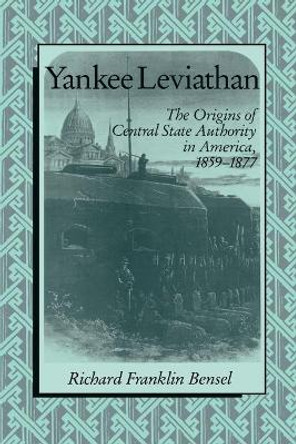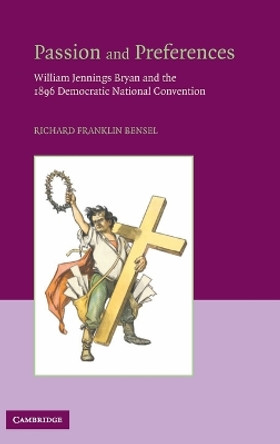In the late nineteenth century, the United States underwent an extremely rapid industrial expansion that moved the nation into the front ranks of the world economy. At the same time, the nation maintained democratic institutions as the primary means of allocating political offices and power. The combination of robust democratic institutions and rapid industrialization is rare and this book explains how development and democracy coexisted in the United States during industrialization. Most literature focuses on either electoral politics or purely economic analyses of industrialization. This book synthesizes politics and economics by stressing the Republican party's role as a developmental agent in national politics, the primacy of the three great developmental policies (the gold standard, the protective tariff, and the national market) in state and local politics, and the impact of uneven regional development on the construction of national political coalitions in Congress and presidential elections.
Explains the compatibility of economic development and democracy in the United States during industrialization.Reviews'This book fully delivers on the expansive promise of its title ... [the author] provides counterweight to the arguments of some researchers that ethno-cultural issues, such as temperance, provided the basis for party differences during the post bellum period.' Business History
'No historian interested in the period and issues covered by this book can afford to neglect it.' History
Book InformationISBN 9780521776042
Author Richard Franklin BenselFormat Paperback
Page Count 576
Imprint Cambridge University PressPublisher Cambridge University Press
Weight(grams) 760g
Dimensions(mm) 226mm * 150mm * 28mm











